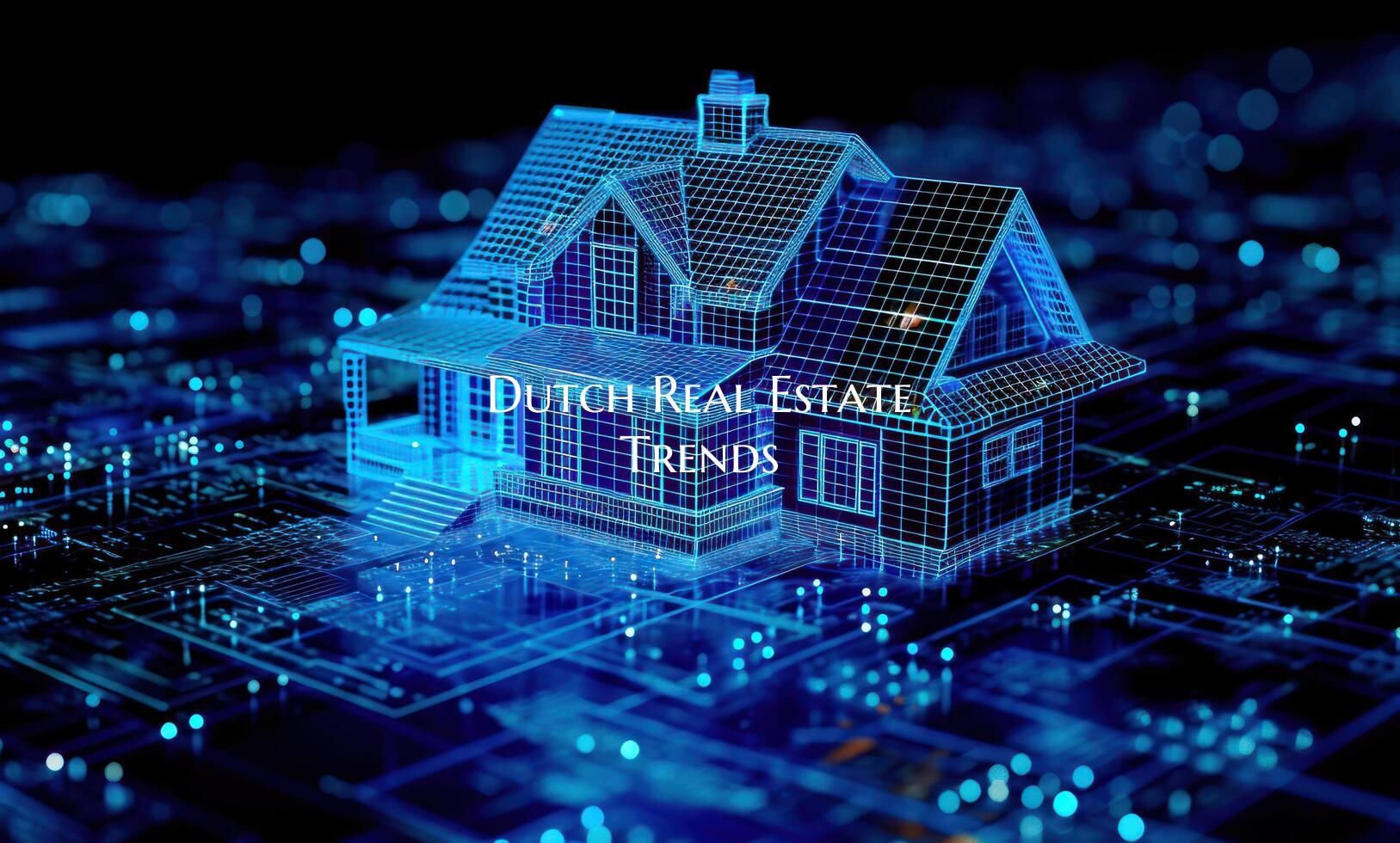Dutch Real Estate Trends

In recent years, the Dutch real estate market has been experiencing a dynamic series of trends that are reshaping the landscape. From burgeoning demand for sustainable housing solutions to the impact of digital technologies on property transactions, various factors are influencing the sector. Let's delve into some of the key trends defining the Dutch real estate market.
1. Sustainable Development: Sustainability has become a driving force in the Dutch real estate market. With a strong emphasis on energy efficiency, circular construction practices, and environmental impact, the demand for eco-friendly properties is on the rise. Developers are increasingly incorporating sustainability measures into their projects, catering to a growing segment of environmentally-conscious buyers and tenants.
2. Housing Affordability: The issue of housing affordability remains a significant concern in the Netherlands, particularly in major cities like Amsterdam and Utrecht. The increasing gap between supply and demand has led to soaring property prices and rental rates. As a result, policymakers and developers are exploring innovative solutions to create more affordable housing options, such as sustainable modular housing and urban regeneration projects.
3. Digitalization and PropTech: The real estate industry in the Netherlands is embracing digital technologies to streamline processes, enhance transparency, and improve customer experiences. From online property platforms to virtual tours and blockchain-based transactions, PropTech solutions are revolutionizing the way real estate transactions are conducted. This digital transformation is reshaping the market, making it more accessible and efficient for buyers, sellers, and investors.
4. Co-Living and Co-Working Spaces: The concept of co-living and co-working spaces is gaining momentum in the Dutch real estate market, particularly among millennials and young professionals. These communal living and working arrangements offer a more flexible and social alternative to traditional housing and office setups. As the demand for shared spaces grows, developers are increasingly investing in projects that cater to this evolving lifestyle trend.
5. Urbanization and Mixed-Use Developments: Urbanization is driving demand for mixed-use developments that combine residential, commercial, and leisure facilities in one space. This trend is transforming city landscapes, creating vibrant and integrated communities where residents can live, work, and socialize within close proximity. Mixed-use projects are redefining urban living in the Netherlands, offering a holistic approach to city planning and development.
In conclusion, the Dutch real estate market is undergoing a period of rapid change, driven by shifting consumer preferences, technological advancements, and sustainability priorities. By staying abreast of these trends and embracing innovation, stakeholders in the industry can navigate the evolving landscape and capitalize on new opportunities for growth and development.
